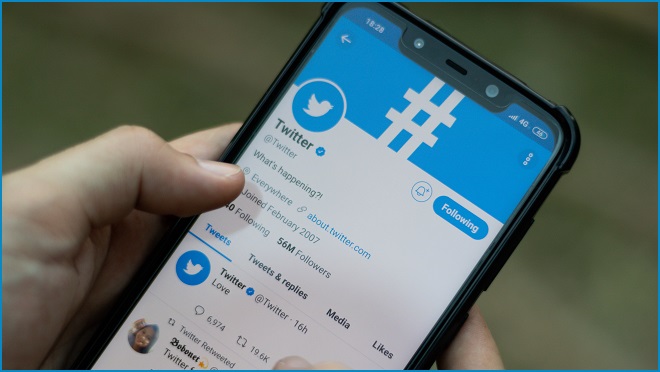Twitter has put a ban on all political ads a year out from the US presidential elections.
Jack Dorsey, Twitter’s CEO, announced the move on Twitter – of course – where he opened a thread explaining the rationale.
A political message earns reach when people decide to follow an account or retweet. Paying for reach removes that decision, forcing highly optimized and targeted political messages on people. We believe this decision should not be compromised by money.
— jack 🌍🌏🌎 (@jack) October 30, 2019
But Dorsey thinks political advertising is different to commercial ads which are aimed at driving profits and influencing consumer behaviour.
“While internet advertising is incredibly powerful and very effective for commercial advertisers, that power brings significant risks to politics, where it can be used to influence votes to affect the lives of millions,” Dorsey said.
“This isn’t about free expression. This is about paying for reach. And paying to increase the reach of political speech has significant ramifications that today’s democratic infrastructure may not be prepared to handle.”
Twitter earns more than US$2 billion a year in advertising revenue.
Dorsey tried to pre-empt on possible criticism that Twitter’s decision could favour
“Some might argue our actions today could favour incumbents. But we have witnessed many social movements reach massive scale without any political advertising,” he said.
Twitter later confirmed that the ban would include all ads for both candidates and political issues.
According to Twitter’s Legal, Policy and Trust & Safety Lead, Vijaya Gadde, that includes “ads that advocate for or against legislative issues of national importance (such as: climate change, healthcare, immigration, national security, taxes)”.
hi - here's our current definition:
— Vijaya Gadde (@vijaya) October 30, 2019
1/ Ads that refer to an election or a candidate, or
2/ Ads that advocate for or against legislative issues of national importance (such as: climate change, healthcare, immigration, national security, taxes)
Platforms take opposite stance
Twitter’s announcement came hot on the heels of Facebook’s decision to allow the political ads to run without fact checking.
That move caused a revolt among the ranks in Facebook with around 250 employees signing an open letter to Facebook executives calling for it to change its mind on the policy direction.
Mark Zuckerberg was also grilled in congress over Facebook’s potential for political interference, and its upcoming Libra cryptocurrency.
Not long after Facebook said it would not fact-check political ads, San Francisco man Adriel Hampton registered as a political candidate purely to run false ads.
Facebook responded by banning his ads.
A Facebook spokesperson said that Hampton “made clear he registered as a candidate to get around our policies, so his content, including ads, will continue to be eligible for third-party fact-checking."










